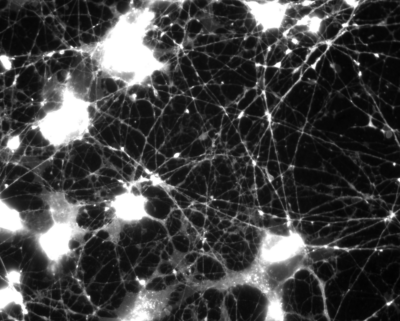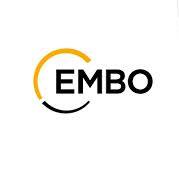EMBO announced that ten life scientists have been awarded EMBO Installation Grants, which support group leaders who will move to, or have recently moved to, countries participating in the scheme. The scientists’ inspiring research spans a wide range of biological processes: ageing, tumour biology, gut-brain axis communication, microbiota and gene editing tools are among the topics they are exploring.
One installation grantee will establish a laboratory in the Czech Republic, one in Greece, two in Hungary, one in Lithuania, three in Poland, one in Portugal and one in Türkiye.
All grantees have demonstrated a commitment to international research and collaboration. In the four years prior to their application, they have spent at least two consecutive years outside the country in which they are now establishing their laboratory. Six of the ten grantees are female and four are male.
EMBO Director Fiona Watt says: “We are delighted that these exceptional scientists are supported by EMBO. We promote excellence in the life sciences in all parts of Europe and beyond, and look forward to the contributions of the new installation grantees. Their research will undoubtedly both strengthen the life sciences in their respective countries and enrich our wider scientific community.”
EMBO Installation Grantees receive a comprehensive support package for their research and professional development. The annual grant of 50,000 euros for three to five years is provided by the country’s ministry or funding agency (35,000 euros) and EMBC, the intergovernmental organization of 31 member states that funds the major EMBO Programmes and activities (15,000 euros). The recipients also have access to additional grants of up to 10,000 euros per year as well as travel grants. Integrated into the EMBO Young Investigator Network, they benefit from extensive networking opportunities, training in research leadership and management skills, and access to core facilities at EMBL Heidelberg. Funding for this year’s installation grants was provided by the Ministry of Education, Youth and Sports of the Czech Republic, the General Secretariat for Research and Innovation of Greece, the Hungarian Academy of Sciences, the Research Council of Lithuania, the Ministry of Education and Science of Poland, the Fundação para a Ciência e a Tecnologia of Portugal, and the Scientific and Technological Research Council of Türkiye. Greece and Hungary joined the EMBO Installation Grant scheme in 2023.

The next application deadline is 15 April 2024. Full details of the scheme, including eligibility criteria and the application process, are available here.
| Name | Research project | Host institute |
| Maciej Cieśla | Coordination of alternative splicing in ageing of hematopoietic stem cells | Polish Academy of Sciences, Warsaw, PL |
| H. Atakan Ekiz | Investigating long noncoding RNAs in melanomagenesis and immunoevasion | Institute of Technology, Izmir, TR |
| Ilana Gabanyi | Sex and age specificities influencing the gut-brain axis communication | Instituto Gulbenkian de Ciência, Oeiras, PT |
| Stephen Jones | Developing robust and predictable gene editing tools | Vilnius University, LT |
| Aleksandra Kolodziejczyk | Role of microbiota in progression of liver disease | International Institute of Molecular and Cell Biology, Warsaw, PL |
| Christina Kyrousi | Decoding the role of cilia in neurodevelopmental and psychiatric disorders | University Mental Health Research Institute, Athens, GR |
| Viktória Lázár | Exploring new strategies against genotoxin-producing gut pathogens | Biological Research Centre, Szeged, HU |
| Ewelina Malecka-Grajek | From dynamics of bacterial RNA degradation to gene expression manipulation tools | International Institute of Molecular and Cell Biology, Warsaw, PL |
| Hana Polasek-Sedlackova | Checking on replication origins | Institute of Biophysics, Brno, CZ |
| Gergely Róna | Function of D-type cyclins in neuronal DNA repair and neurodegeneration | HUN-REN Research Centre for Natural Sciences, Budapest, HU |
About EMBO
EMBO is an organization of more than 2,000 leading researchers that promotes excellence in the life sciences in Europe and beyond. The major goals of the organization are to support talented researchers at all stages of their careers, stimulate the exchange of scientific information, and help build a research environment where scientists can achieve their best work. EMBO helps young scientists to advance their research, promote their international reputations and ensure their mobility. Courses, workshops, lectures and EMBO Press publications disseminate the latest research and offer training in techniques to maintain high standards of excellence in research practice. EMBO helps to shape science policy by seeking input and feedback from our communities and by following closely the trends in science.
For more information: www.embo.org

